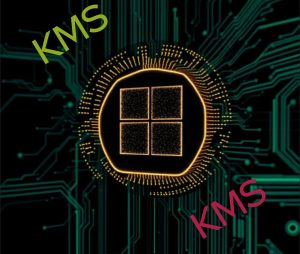
Microsoft has eliminated a mechanism in Windows that for many years allowed unofficial activation of the operating system using KMS tools. The corresponding restrictions were introduced in the latest OS updates, finally closing the possibility of such activation.
The tool, which for decades allowed you to quietly bypass the official verification system and “gave” Windows activation almost until 2038, has finally lost its magic. In the new Windows 11 builds, Microsoft removed the GatherOSstate component, which was the key to the KMS mechanism. However, other unofficial methods that users actively mention online, such as HWID and TSforge, are still afloat. Thus, the epic of the fight against unofficial activation has a chance to have more than one season.
Initially, Key Management Service (KMS) was created for corporate environments where companies needed to centrally activate dozens or hundreds of devices. The mechanism worked on the principle of an internal activation server: clients on the network periodically accessed it, confirming their legitimacy without having to enter an individual key on each PC. Over time, enthusiasts figured out the logic of this protocol and developed third-party utilities that imitated the responses of the official KMS server. As a result, Windows “believed” that it was on the corporate network and was activated without purchasing a license.
Experts remind us that the facade of “magic activators” often hides not magic, but very real viruses, cryptominers, and other unwanted guests. Such tools can damage the system or steal user data unnoticed. Therefore, the temptation to bypass the official activation can lead to the fact that the ‘infection’ that will be installed with the activator can be much more expensive than a legal license… Well, Microsoft would not mind reminding you of this once again!

